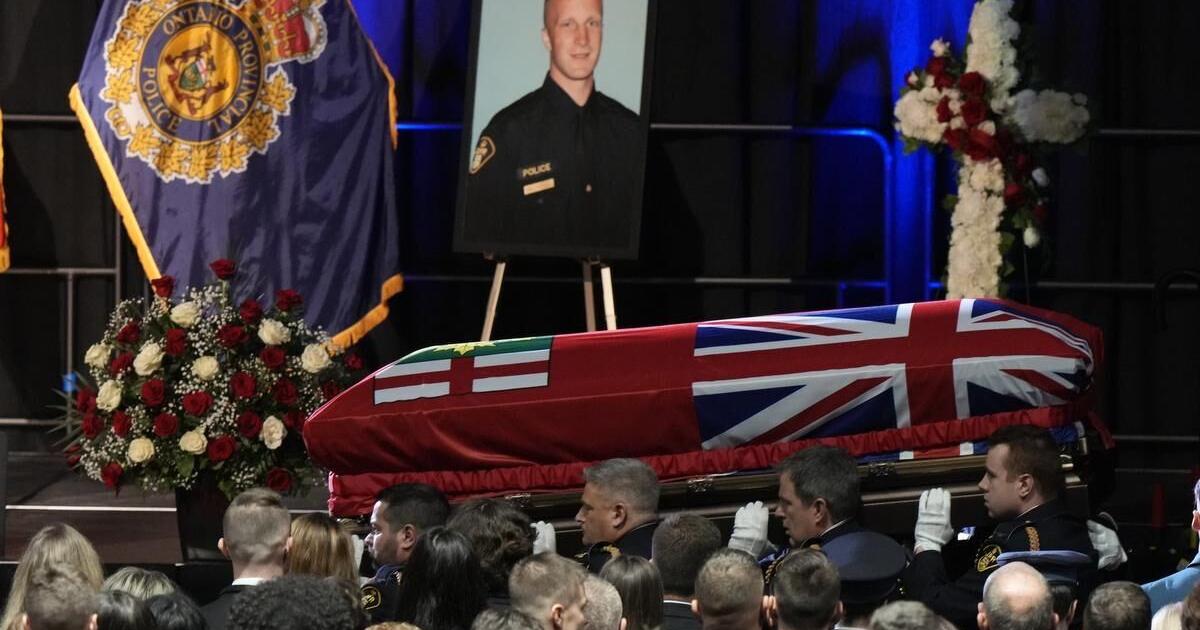The reason they are suspended with pay is that they are innocent until proven guilty. Police officers get accused of pretty heinous crimes on a regular basis. It turns out criminals lie a lot, who knew? In some cases, the department has to suspend the officer either because the crime is serious enough that the person, if guilty, should not be acting in a police capacity. In other cases, officers are suspended because departments want the heat to go away (becoming more and more common). A lot of these suspensions are little more than "we know you are innocent, take a couple days off while we sort this out". It covers there ass a bit if they are wrong and doesn't punish the officer much. Suspending someone without pay for something they didn't do is lawsuit territory. Even if they are guilty, they could still sue. In a lot of cases, paying the salary of a police officer for a year or so is less than they would spend on legal fees. You could write legislation that enabled police departments to fire a guilty officer effective the day they went on suspension and go after the individual for any money that was paid out. However, you run into the problem of spending $200,000 to get back $100,00.
I understand that it feels wrong that someone who violated the trust given to police officers should still get paid as one. The issue is that for every suspension that turns out justified there are probably 10 or more that aren't. Even the one that turns out to be justified is rarely as cut and dried as the ones that show up on social media or the news. Policies have to be written in away that cover the most common scenarios rather than focus on the rare cases to the detriment of the rest. It's honestly a very difficult problem. Most cops do the best they can. Some of them screw up from time to time and need to be punished but for the most part they do the job to the best of their abilities. Very rarely is there an officer who does something so heinous it ends up on the news for us to judge. Those rare cases are what get people fired up and demanding change thinking this is the norm when it is very clearly not. I don't have an answer but suspending potentially innocent people without pay isn't it.






